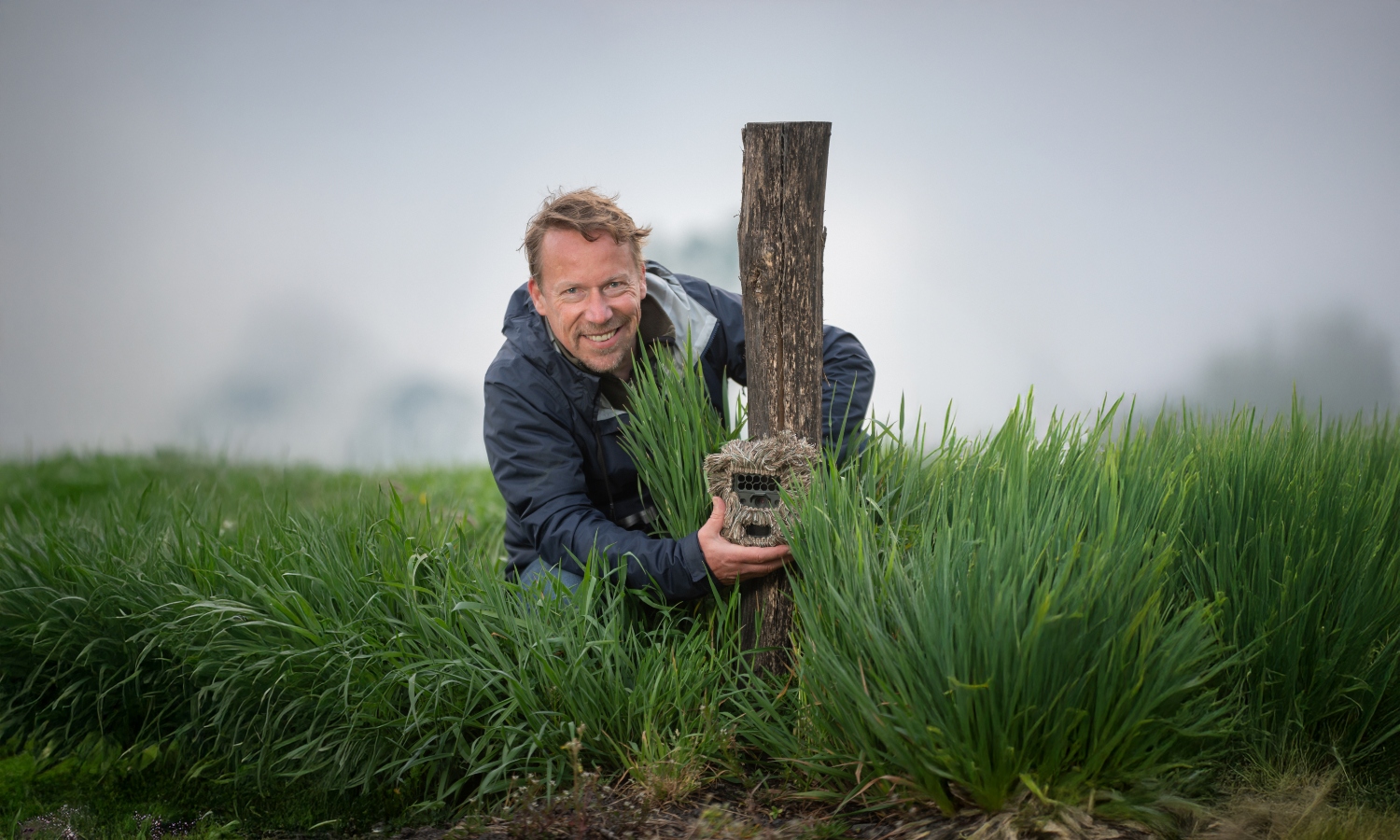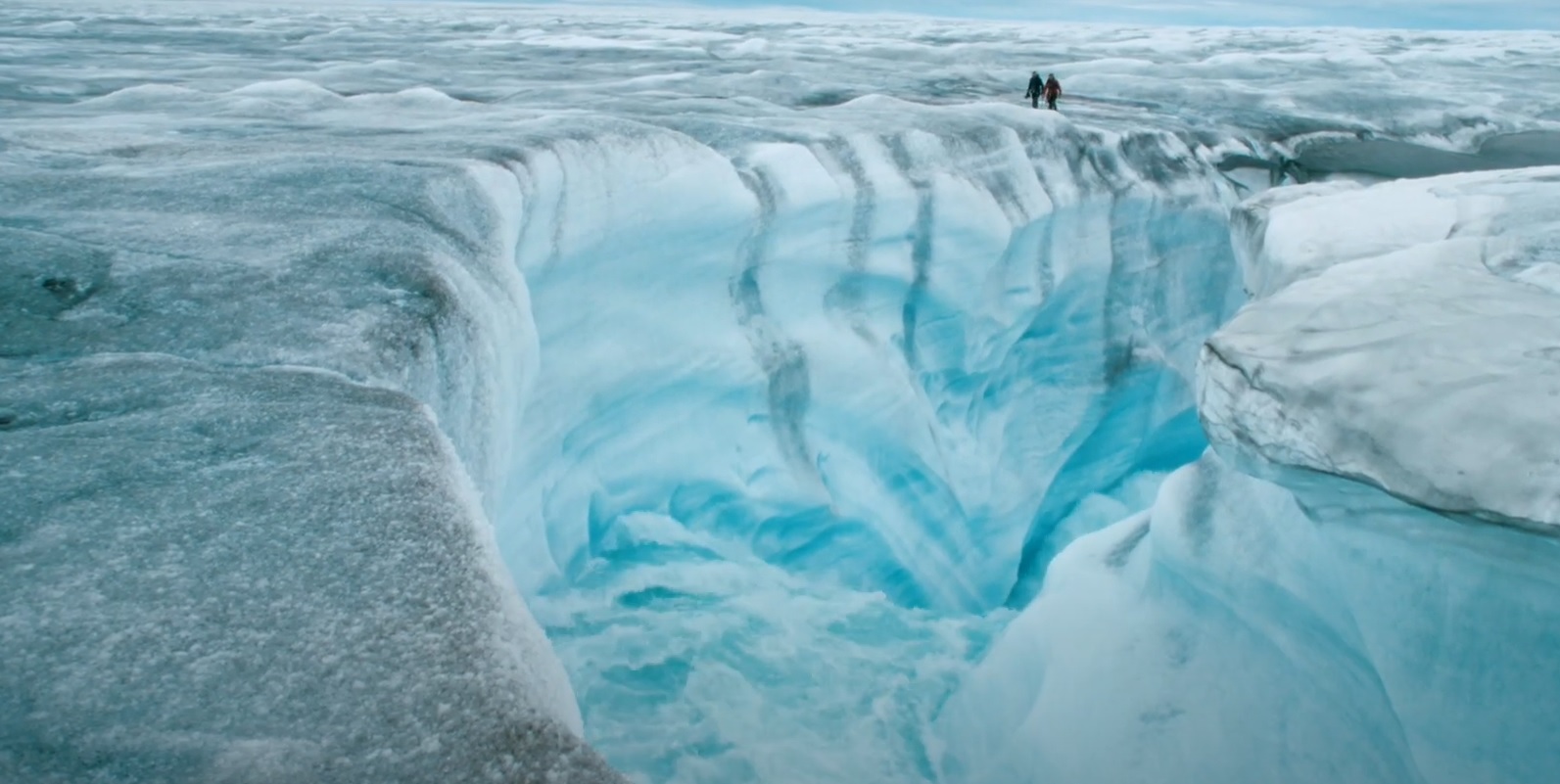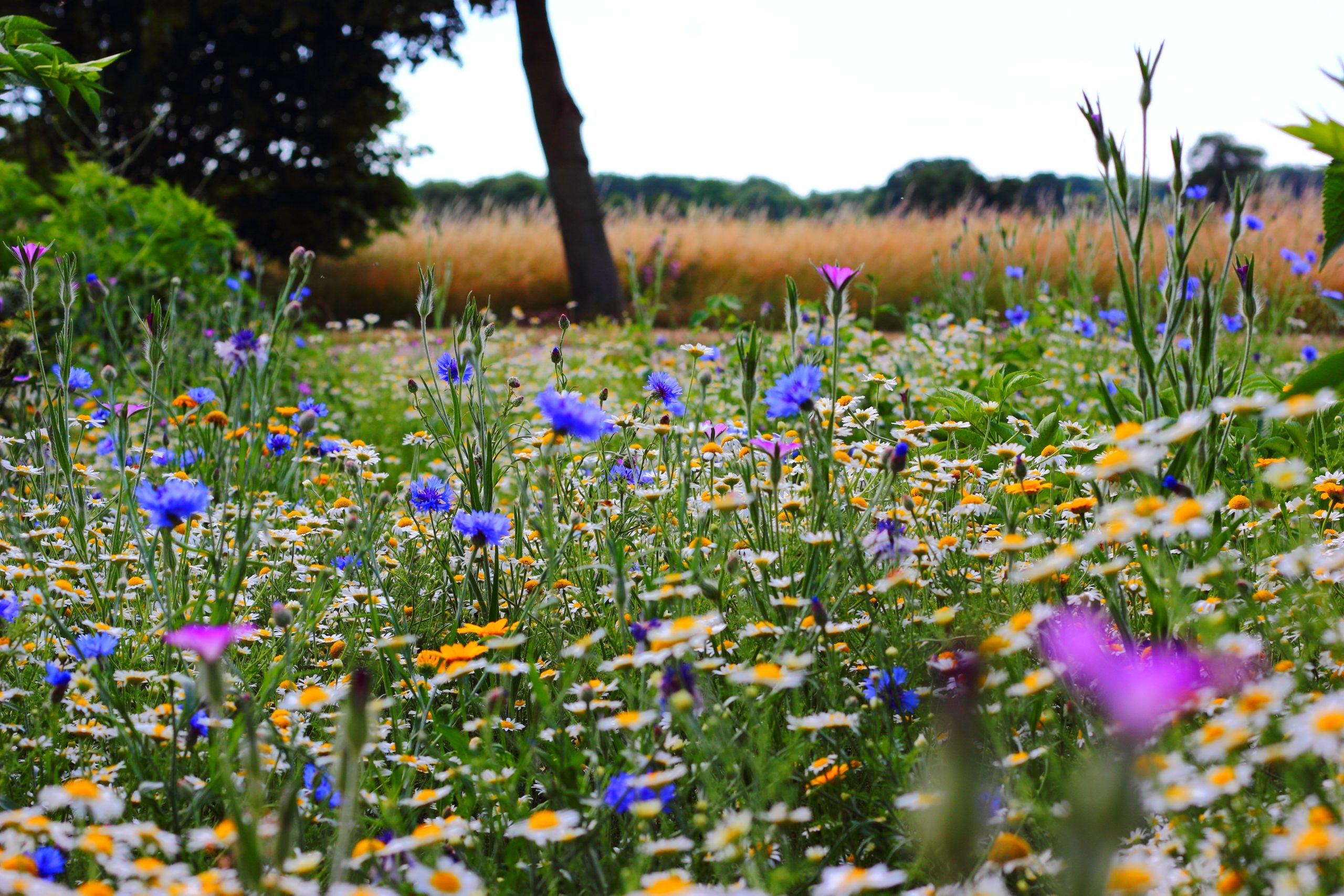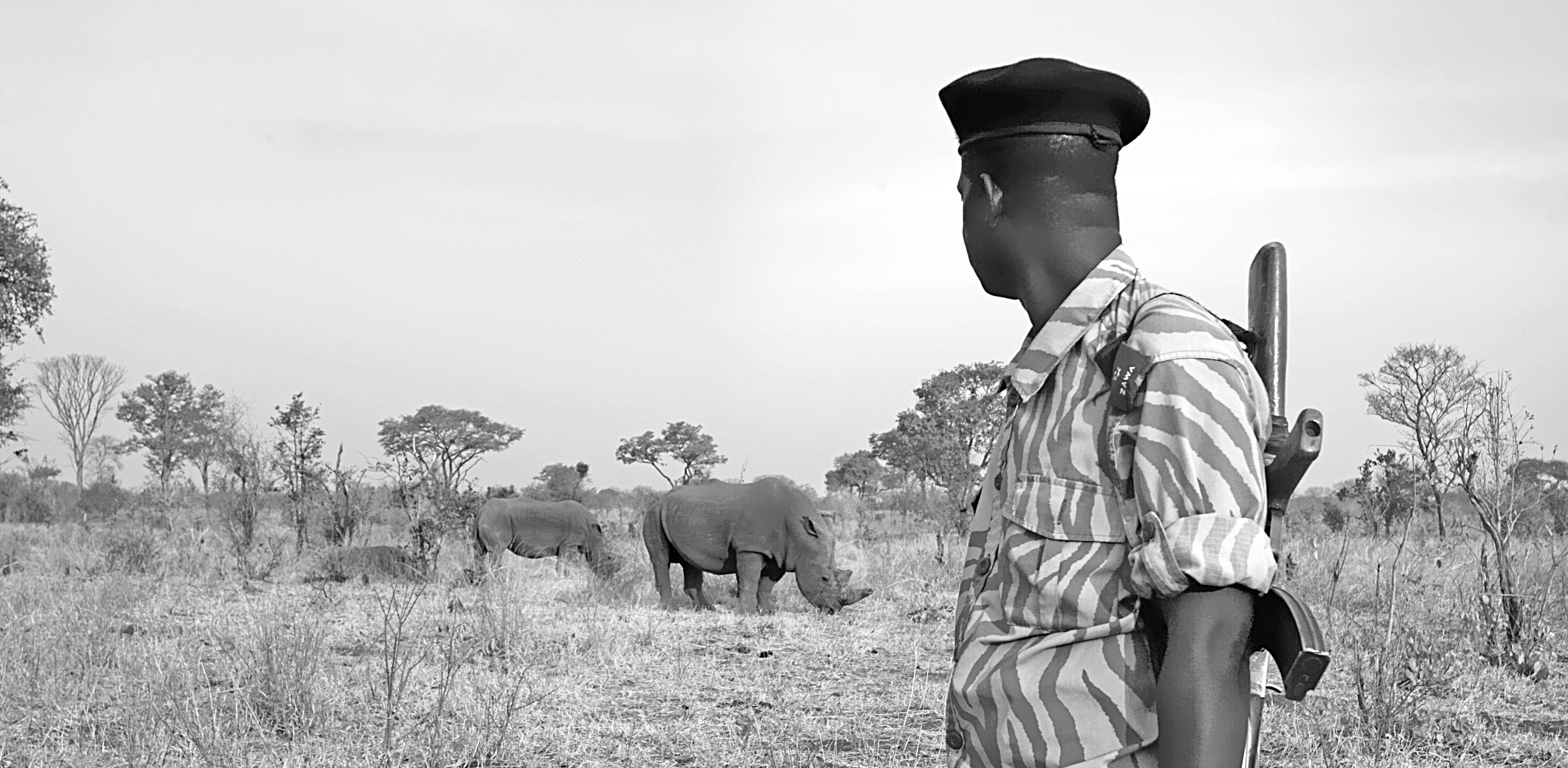He studied here, has worked in Wageningen for his entire life, and will continue to live here. But as of the start of this month, Patrick Jansen has become a scientist in Utrecht. He will stay with WUR for one day a week as a guest professor. ‘Of course, it’s a shame. But it is okay. I have been here all my life. Doing something else is fun.’
That “something else” is setting up his own chair in Utrecht. He never made it to professor in Wageningen. Through his own fault, he readily admits. I was an associate professor for nine years and should have been promoted to personal professor some three years ago. Not for lack of ambition, it just never happened. A tenure track requires setting up a dossier, crossing t’s and dotting i’s. That system just doesn’t work for me. Everything in me protests it; that’s in my nature.’
But it began to chafe. ‘Colleagues around me became professors, and being a professor enhances external communications, which I consider important.’ That is when he spotted the opening in Utrecht. ‘It was a real match, so I applied’, he says, almost apologetically.
The name of the chair, Wildlife Ecology and Nature Restoration, is very similar to WUR’s Wildlife Ecology and Conservation. Won’t that be fishing in WUR’s waters?
‘No, I don’t think so. In the past decade, the focus on nature and the environment has increased dramatically at all universities, including WUR. The word biodiversity is prominently featured in strategic documents. Other universities have sensed that they must not only gather fundamental knowledge on nature and the environment but also seek the link to the application of said knowledge. Scientists want to put their knowledge to good use. Utrecht has the Netherlands’ largest biology programme. There is a real desire among students to focus on nature recovery. Hence, this chair.’
What will be the focus of your chair group?
‘It is about ecology of wild flora and fauna and their interaction with humans. I aim to translate that knowledge into applications in nature recovery. We are currently in the UN’s Decade of Ecosystem Restoration, which aims to halt biodiversity loss and move towards nature restoration. I am interested in the link between ecology and nature restoration. How can that be achieved, and what is the role of animals in that process? Technology will play a major part in our research. I use camera traps and other sensors that can be placed in natural areas to record observations. Moreover, we will focus on forests and forested landscapes, not just in the tropics but also closer to home in North-Western Europe, the Veluwe or the Heuvelrug. That is a significant difference from Wageningen, where extensive research is conducted on wild animals and grassland systems.
So, no competitors?
‘I will start with two assistant professors from a different chair group in Utrecht. A third will be added, and there are seven PhD students. The group is small compared to Wildlife Ecology in Wageningen. However, there is already some exciting research going on in Utrecht; my group will add to that, which is great. There is an increase in interest for all types of ecology. Young people are worried about the future and want to contribute. Thus, they choose to study ecology. The career perspectives are great. When I graduated in the nineties, all ecologists were unemployed. Now, they are being recruited even before they graduate.’
The more ecologists, the better?
‘Yes, our work is sorely needed. Despite all the international agreements, our living environment is deteriorating rapidly. My hobby is spotting and photographing hoverflies. I used to catch and pin them. Hundreds of my catches are in Naturalis’ collection. Now, I don’t even have to bother looking for them; they have disappeared. You can find perhaps five species in the garden, while there used to be twenty different species and double that in natural areas. I searched the entire campus for a small list during the Biodiversity Challenge. Before, the same number would have taken no more than a day.’
Ecologists are in high demand, while the government has no interest in nature. Isn’t that strange?
‘Certainly. The governing parties’ philosophy lacks a link to nature; the realisation that we are all part of the same ecosystem requires a certain wisdom that has all but disappeared from our society. Nature had become an attraction to visit, like the movies or IKEA. Our technology has severed our ties with nature. Technology enables us to ignore nature. And that will never change, not even if one in ten people study ecology.’
Isn’t that a bleak perspective?
‘Why do civilisations perish? It is not my domain, but I enjoy reading about it. A fixed ingredient in the downfall of civilisations is the overexploitation of nature. And that is precisely what our civilisation is currently doing, for example, through deforestation in the Amazon. We are aware of the consequences, that there will be a tipping point where the forest will gradually make room for savannas, which have a completely different role in the global ecosystem. And still, we feed our cattle soy. We are passive onlookers. This shocks me. So I understand completely why young people study ecology; they want to do something.’

 Photo Sven Menschel
Photo Sven Menschel 

